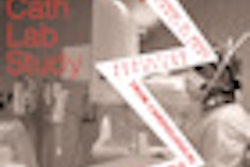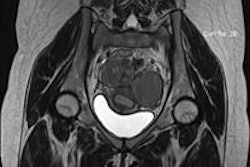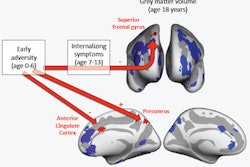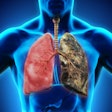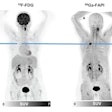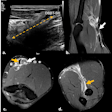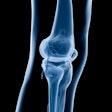Fruit flies live longer when exposed to weak doses of radiation, and the technique might be effective in humans as well, according to a new study in PLOS One.
Scientists at the Moscow Institute of Physics and Technology, the Russian Academy of Sciences, and Komy Research Center are looking at the mechanisms of hormesis, by which moderate stress has a stimulating effect on an organism that may facilitate life extension (PLOS One online, Vol. 10:8 e0133840).
In experiments with 2,000 drosophila flies (fruit flies), weak doses of gamma radiation prolonged the life of the flies; the observed effect was stronger in females than in males, reported lead author Svetlana Zhikrivetskaya and colleagues. The dose from a radium-266 source ranged from 0.05 Gy to 0.4 Gy.
Similar effects have previously been seen in mice and cell cultures, the study team wrote.
Hormesis appears to be a universal phenomenon in which the mechanisms of operation, the stress genes, and stress paths are similar to those of wounded animals, Zhikrivetskaya said in a statement. In the search for common pathways, studies in fruit flies are cheaper and easier than experiments in other animals.




